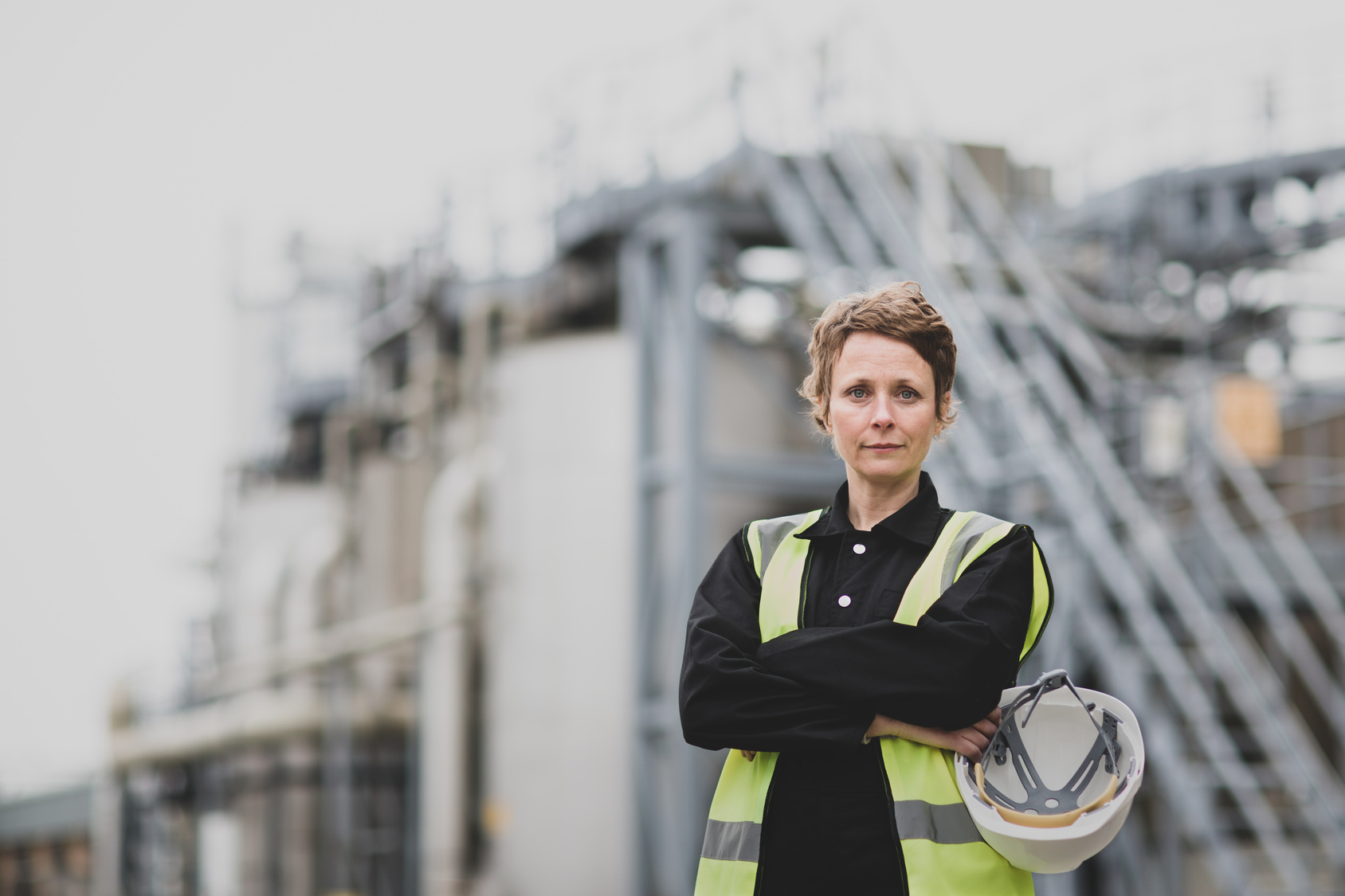Author: Neal Tetreault
Western Canada is one of the largest natural gas producers in the world, providing an abundance of feedstock for the petrochemical sector, to produce a wide variety of chemicals including methanol, ethylene glycol, ammonia, and hydrogen peroxide, to name a few. Over 20 different chemicals are produced in Western Canada, which are made from hydrocarbons and utilized across the world in a multitude of industries. Several grades of plastics and ethylene are two of the largest products produced in Alberta. Around the globe, these chemicals are used to manufacture various consumer products. For example, reusable food containers, plastic bags, and automotive parts are common consumable products made from recycled plastics. Western Canada produces approximately 2,500 kt of various plastic resins each year. In comparison, this amount of plastic would be used to fabricate roughly 10 M cars.

Although these products are a part of our everyday life, it is imperative that everybody does their part to ensure responsible care, in a circular economy of these products, to ensure that they are kept out of our waters. If disposed of properly and recycled, where possible, plastics are used in our everyday lives and are a great renewable resource for us to utilize in a responsible manner.
Western Canada is one of the largest natural gas producers in the world, providing an abundance of feedstock for the petrochemical sector, to produce a wide variety of chemicals.
The petrochemical industry continues to focus on process improvements to include post-consumer recycled material (PCR) in their product, and raise awareness of the importance in keeping plastics from our water sources. Founded in Canada in the 1980s, Responsible Care is the chemical industry’s commitment to sustainability. Today, the majority of major chemical producers are part of this initiative. This continues to be a big focus of the chemical segment to ensure products are being created, transported, and utilized in a safe and environmentally friendly way. Everybody has a part to play, both locally and globally, to ensure plastics are disposed of correctly to preserve our environment.

This continues to be a big focus of the chemical segment to ensure products are being created, transported, and utilized in a safe and environmentally friendly way.


